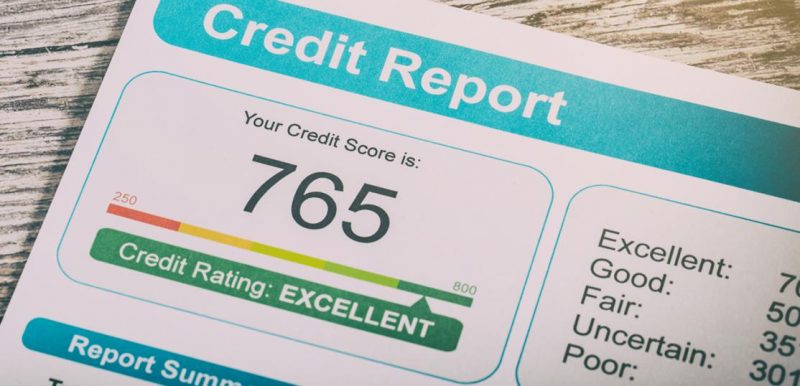The way FICO scores are calculated is changing this summer, and the move could make it tougher for some Americans to get approved for a mortgage, The Wall Street Journal reports.
Fair Isaac Corporation, more commonly known as FICO, will soon start more harshly penalizing the scores of consumers who have rising debt levels or who fall behind on loan payments. The company will also flag certain consumers who sign up for personal loans, which is a growing area of debt.
Just how could this impact borrowers? Consumers with high FICO scores of 680 or higher who continue to manage their loans may see an increase in their scores. But those with scores below 600 who continue to miss payments or have blemishes on their credit will see even larger declines in their scores. The best way for consumers to increase their credit score: Pay down bills on time and reduce any credit card balances, financial analysts say. They also advise that borrowers keep revolving debt below 30% of their available credit so that they don’t see a larger impact to their credit score.
“Credit scores are extremely important because they help determine whether or not you get approved for a loan or line of credit, and if you do, what interest rate you will be charged,” Ted Rossman, an industry analyst with CreditCards.com, told CNBC.com. “They’re among the most important numbers in your financial life.” According to FICO, the average score nationwide is now over 700—the highest on record.
Source: “Why Your Credit Score Matters So Much,” CNBC (Jan. 23, 2020) and “FICO Changes Could Lower Your Credit Score,” The Wall Street Journal (Jan. 23, 2020) [Log-in required.]













